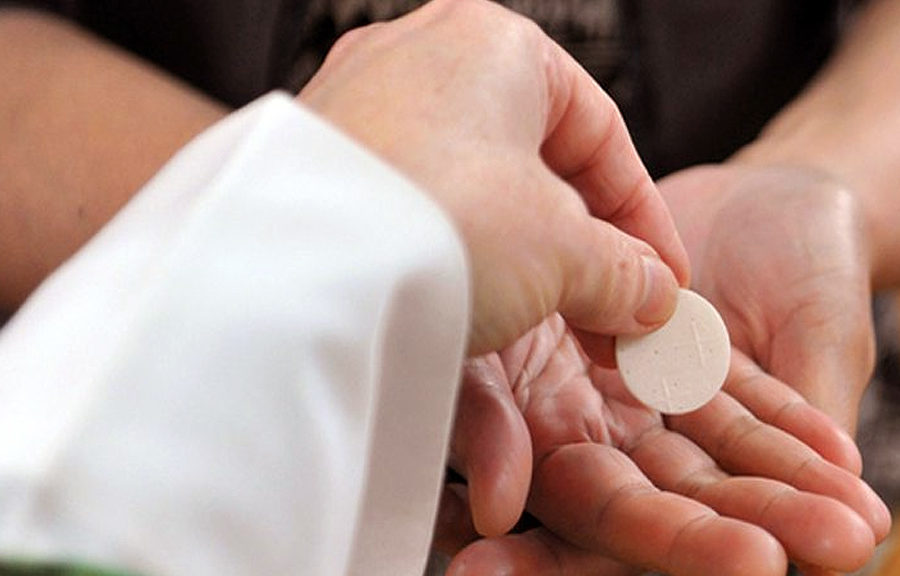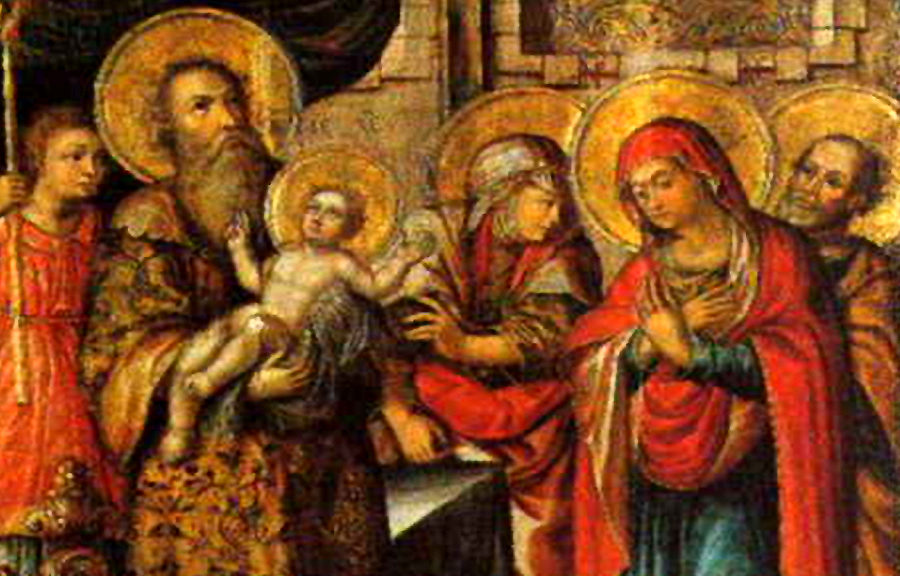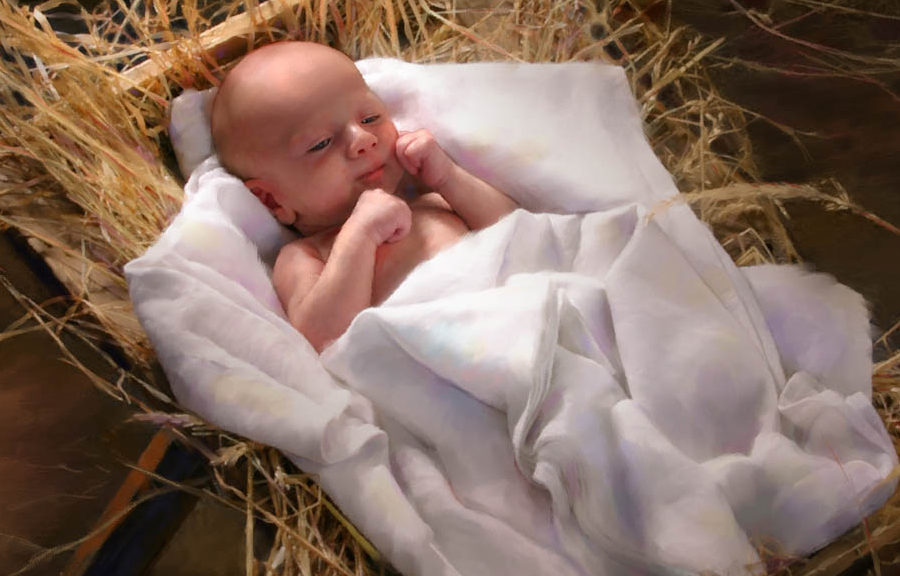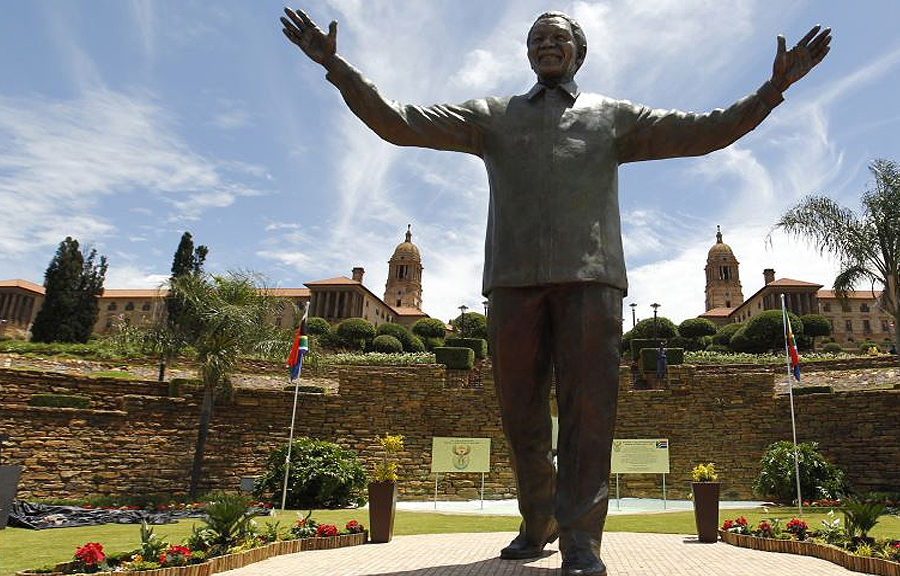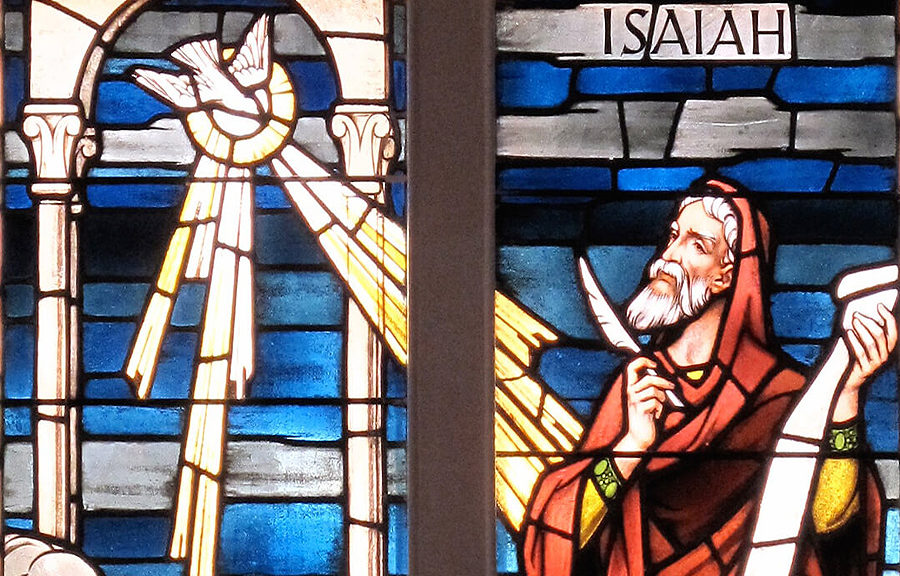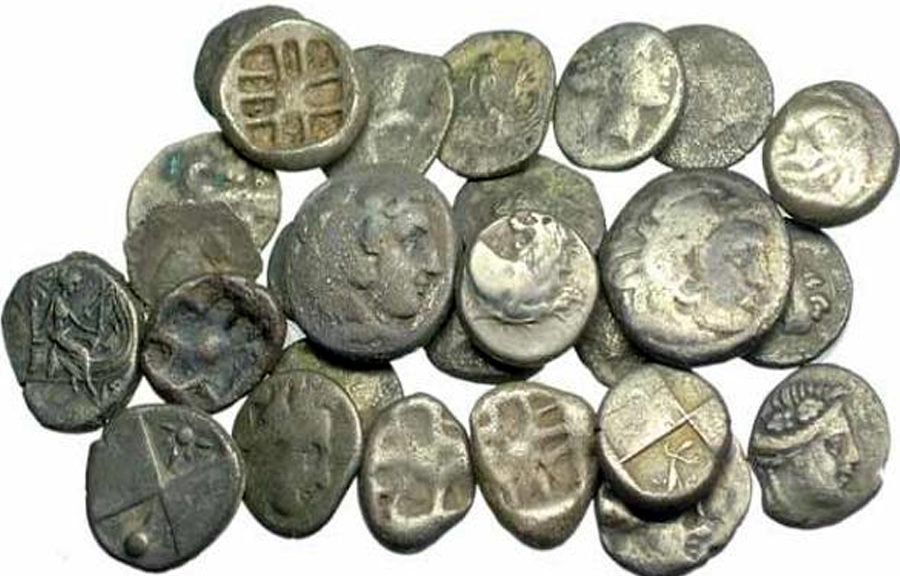Epiphany 2018
Matthew 2.1-12
There’s something on our pew-sheet each Sunday that I hope everyone notices. It’s always on the front page near the top.
We welcome all visitors and newcomers who have come to worship with us. Communicant members of other Christian denominations are welcome to receive the Sacrament of Holy Communion.
I think it’s one of the most important things God calls us to do; to welcome visitors of all kinds to participate as completely as they can in the Church community.
So I remember being a bit shocked once when I’d announced this at a Requiem Eucharist – a service where we didn’t have a pew-sheet – and afterwards, someone told me that he felt I’d excluded him with these words. He wasn’t a communicant anywhere else, he said, and so I was explicitly denying him communion there.
It’s hard when a welcome is heard as a keep-out notice. There are several questions this raises – do we have conditions of entry; conditions of participation; should we? A useful test is to ask the old WWJD question – What would Jesus do?
This is particularly the question to ask at the feast of the Epiphany. The day of Christ was revealed to outsiders – to foreign astrologers whose practice is frowned on by many parts of the Church and by Judaism. Epiphany is a good time to consider the extent of Christ’s welcome. Who did Jesus reveal himself to? Was there anyone he would have left out? Let’s think carefully about who was actually welcomed at Bethlehem. Who did Jesus have there to celebrate his birth?
First, there are his parents. The story goes that Joseph and Mary aren’t married yet. If you don’t think Matthew’s trying to make a point of this, look back a chapter at his record of Jesus’ family tree. You find relationships represented there which were illegal or unclean according to the Hebrew Scriptures (Tamar- incest, Rahab- prostitution, Ruth-forbidden inter-racial marriage and Bathsheba-adultery). If what we are seeing in our Holy Family is the first ever Christian gathering, this bids fair for a very broad-minded Church indeed.
Luke’s gospel gives us the detail about a manger – an animal-feed container that Mary and Joseph have to use as a bed for Jesus. So they were in the part of the establishment that housed animals. Tradition gives us the donkey and some cattle and sheep as Jesus’s fellow tenants; doubtless accompanied by their attendant insects. So the Church is more universal still.
Then there are shepherds; also in Luke’s account. Shepherds in the Middle East are still mostly children – kids aged between 5 and 11. The ones I knew in those parts were poor, grubby little urchins who’d invade people’s privacy and gawp at them endlessly if they weren’t chased away. So the earliest congregation included little children too. And of course they’d have brought their sheep and goats with them. I wonder if Mary and Joseph had trouble keeping the sheep from nibbling at the straw that Jesus was lying on. The goats would have eaten his clothes as well, given half a chance. And who would ever forget the smell of a billy goat?
Then there’s a star and its attendant Magi. A Magus is a magician, and Deut. 18 declares such a person abhorrent. And a major point of the first creation story in Genesis is to say that the stars and moon that people of the east worshipped as gods were to be seen as nothing more than clocks and calendars. So abhorrent people are there, and Matthew records their coming. How broad minded do you want to get!?
Finally, there are angels in their thousands. I think we can safely say they enjoy universal approval. But what a gathering! Parents of dubious status from an even more questionable pedigree; the animal, vegetable, insect, mineral and heavenly kingdoms all represented; strange foreigners from the east seeking a king – and risking the baby’s life by telling Herod about him!
That’s as broad-minded a church as you could want, isn’t it – and the infant Jesus, as he should, takes his place in the middle of it all. God, unflappably gracious, is apparently unfussed by the wild diversity of angels, people and creatures all dwelling under one little roof. They were all invited, or they were co-opted as hosts.
So WWJD? Is what we’ve deduced so far about God’s welcome – about Jesus’s inclusivity – consistent with Scripture? The psalm today reminds us of God’s special concern for the poor, the needy, the helpless, the oppressed and the violated. The reading from Isaiah joyfully proclaims the gathering in of a scattered family, all guided by the brightness of God’s light. And the epistle is a prayer for God’s wisdom to be revealed throughout the earth, and indeed beyond it.
That’s all pretty inclusive. And Matthew points us in two further directions – one at the beginning and the other at the end of the gospel. Matthew begins his gospel with Jesus’ genealogy. He begins that genealogy with Abraham. The most important moment in Abraham’s story is when God promises that through him, all families of the earth will be blessed; not only all believers; not just all peoples; all families. The tableau we have before us in the crib shows us this blessing come true.
The other direction Matthew points us is through the last verse of the gospel. Jesus commits his followers to work to fulfil God’s desire—Go…and make disciples of all nations. And remember, I am with you always, to the end of the age.
The tableau before us at Epiphany is a call to us to see what God does truly desire – universal blessing; grace; peace – a call to see all that, and then to work for it in the power of Jesus. It calls us to ask how wide we can open our stable door? How wide we can open the hearts of those inside – us? It challenges us to open wider still – to embrace what we can’t yet. But it also challenges us to go outside – to go to the other – and to trust that Jesus goes with us, to whatever family of the earth our mission takes us.
And who are we in it? On this Epiphany Sunday, we recognise that God calls us to live in ways that acknowledge God’s grace. We are provided with the gifts and skills to do this. Our calling today is to identify our individual and community gifts, and to exercise them so we live our calling?
Amen

